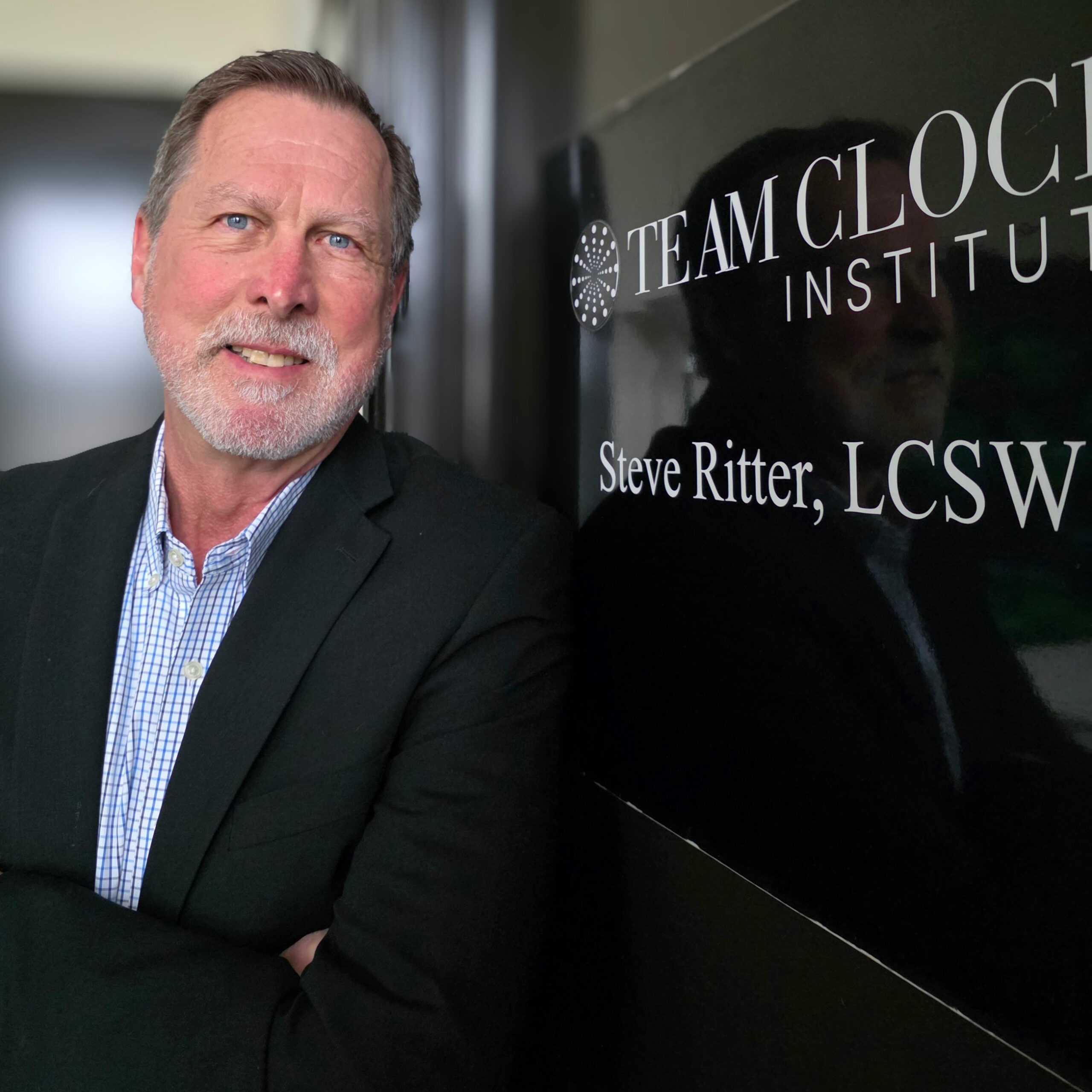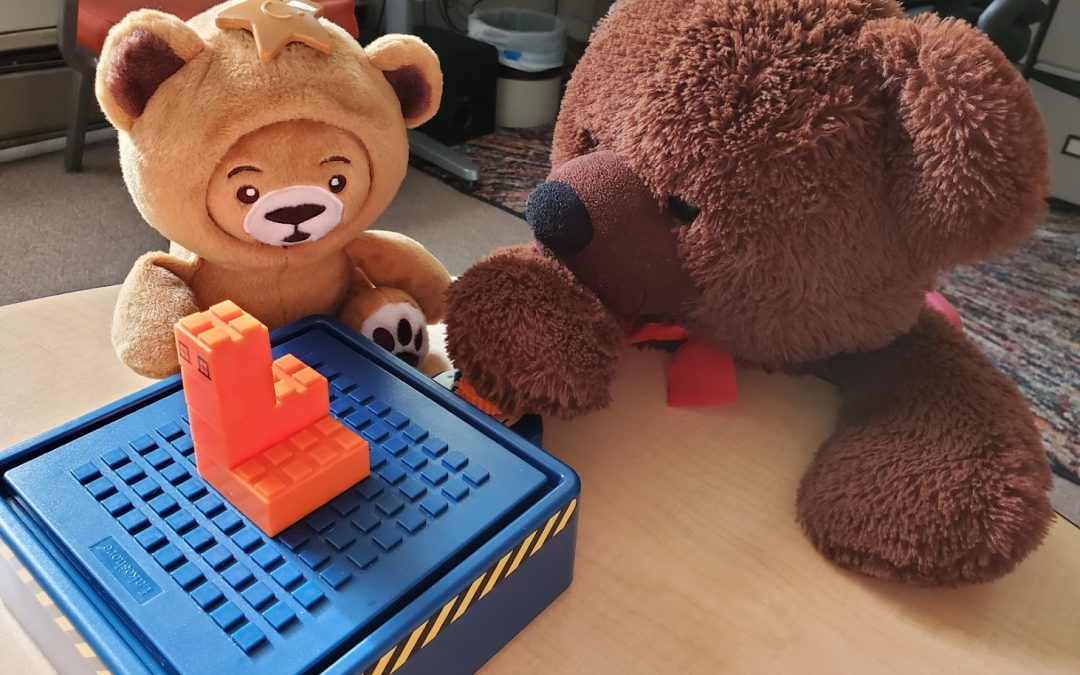As a clinical practice serving families for 38 years, sometimes our clinicians think they have seen it all. Two factors bring us to our senses. First, you cannot have a career in the human services and see everything. Human behavior is complex, and the complexity intensifies when you blend it into relationships and families. Second, the world has gotten more complicated, and the magnified stressors are affecting families like never before.
As a result, our therapists have committed themselves to being curious. With every client and each set of circumstances, we ask the question, “What would need to be true to make these struggles make sense?” More important than our educational training or theoretical orientation is our understanding of the family’s unique situation. You do not need an advanced degree to understand a complex behavior when you are willing to assess through the lens of curiosity.
Yet, three things remain universally true.
- Symptoms intensify following trauma.
- Resolution is easier when we can intervene earlier in the progression of struggle.
- The struggle usually shines a light on the problem if you let it.
Symptoms intensify following trauma. ‘Normal development’ is only normal when everything goes smoothly. Disruptions are valuable indicators and frequently answer the ‘why.’
Resolution is easier when we can intervene earlier in the progression of struggle. Early detection is vital in every healthcare challenge. Once things take root and get normalized, the chances for a quick and effective solution decline.
The struggle usually shines a light on the problem if you let it. We live in an age of symptom reduction. Unfortunately, when you relieve the symptom, the path to the cause gets obscured. Let the pain last long enough to see why it is there if you want to know what to address.
Stay curious. Resist the urge to diagnose. As soon as you zero in on an answer, you eliminate other possibilities. We live in a complicated world and not knowing something right away can offer the gift of discovery. Human lifespans are simply not long enough to solve the puzzle of human relationships. But fortunately, we get to work on the puzzle together.

About the Author
Steve Ritter, LCSW is the Founder and Executive Director of Elmhurst Counseling. He has served as a teacher, author, consultant, human resources director, health care administrator, and licensed clinical social worker since 1977. A fellow of the American College of Healthcare Executives, Steve has provided coaching, therapy and team development services to thriving schools, businesses and organizations.

